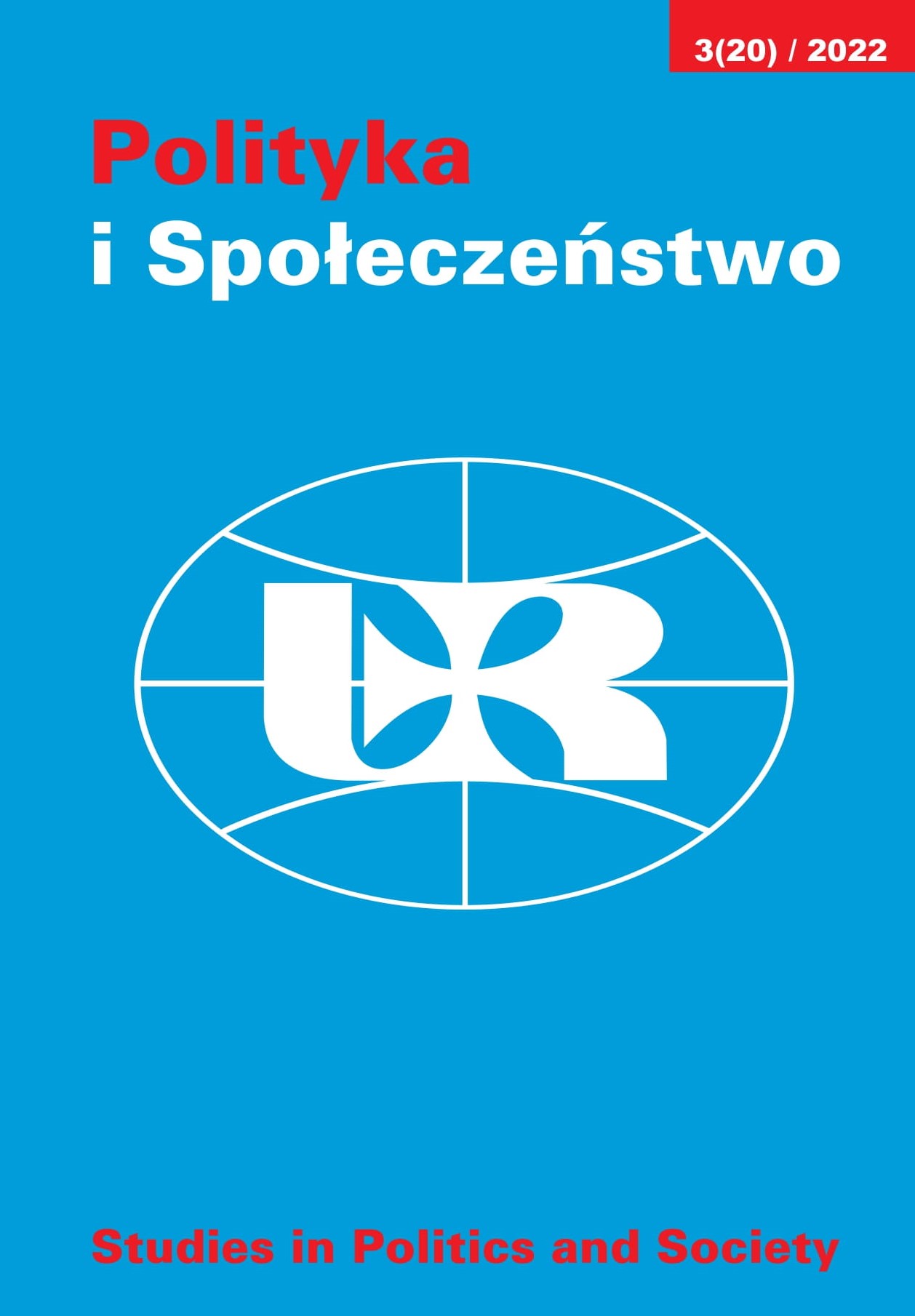Rumours, dis(mis)information and malice information in the contemporary human rights’ discourse
DOI:
https://doi.org/10.15584/polispol.2022.3.2Keywords:
human rights, human rights' discourse, information society, internet, dis(mis)information, conspiracy theories, malice information, propaganda, pro-Kremlin propagandaAbstract
The contemporary discourse on human rights is a discourse in which its participants are using the language of polarization, exclusion and stigmatization towards various social groups, e.g. Ukrainians, women, migrants, refugees, LGBT. The inalienable and universal nature of human rights is being questioned as well as an equality before the law. In political communication, the language of discrediting political opponents is increasingly used, as well as the rhetoric of fear, aversion and hostility towards "strangers" is used. This is because the contemporary public discourse on human rights is increasingly infected with mis(dis)information and malicious information and its participants – from Kremlin propagandists to national agents of influence – use the manipulative infrastructure of social media.
Downloads
Published
How to Cite
Issue
Section
License
Copyright (c) 2022 Studies in Politics and Society

This work is licensed under a Creative Commons Attribution-ShareAlike 4.0 International License.


